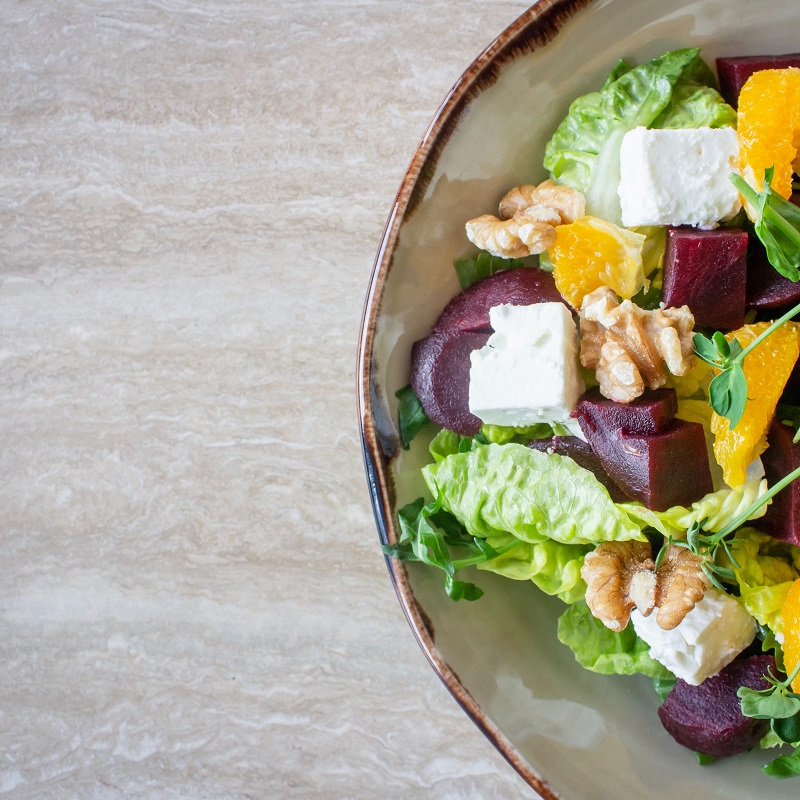In care homes and other residential facilities, it’s essential that good food hygiene practices are firmly in place. We’re often reminded to be extra careful when it comes to spreading germs around the elderly, but why?
The elderly are more vulnerable to food poisoning and other food hygiene illnesses, as ageing weakens the immune system. Increased comorbid conditions and the decrease in activity of the immune system are a combination that can make people increasingly prone to infections.
The Food Standards Agency offer the following food safety advice on hygiene in their Safer Food Better Business document:
Handwashing
Anyone who works with food should wash their hands before handling it, it’s a key hygiene practice. In particular, people with care duties should also wash their hands after:
- Helping residents e.g. using the toilet
- Emptying bed pans or using medical equipment
- Touching dirty linen and clothing
- Handling pets or their feeding bowls
By washing your hands properly and maintaining good hygiene , you can avoid spreading harmful bacteria across surfaces, utensils, and food. You should pay attention to both the fronts and backs of your hands and in between your fingers.
Food storage and preparation
If food is not stored and prepared correctly, you run the risk of those in your care getting foodborne illnesses as harmful bacteria can get access to the food. Storing food properly will also ensure that it preserves its nutritional value.
In order to avoid food hygiene related illnesses:
- Do not use food past its ‘use by’ date
- Make sure fridges are operating below 5°C
- Follow the storage instructions on food labels
- Use open food within two days unless label instructs otherwise
- Keep ready-to-eat food chilled
Accidents
When cleaning up after accidents (e.g. vomiting or diarrhoea), make sure you wash and disinfect the area thoroughly. Make sure suitable clothing is worn, ideally a disposable apron, and hands are washed thoroughly afterwards.
Meals
If care staff help during meals, they should wash their hands thoroughly, maintain proper hygiene and put on a clean or disposable apron before serving food or feeding residents. Staff should make sure visitors wash their hands thoroughly before helping to feed residents. Visitors should not be in the kitchen.
Ensuring that you know the essentials about food hygiene, such as food storage and preparation is carried out correctly is very simple. However, without this knowledge, dangerous consequences can occur if advice is ignored. We hope that this guide has told you all you need to know about handling food safely both at home and work.
For more healthcare insights, take a look at our latest news.











